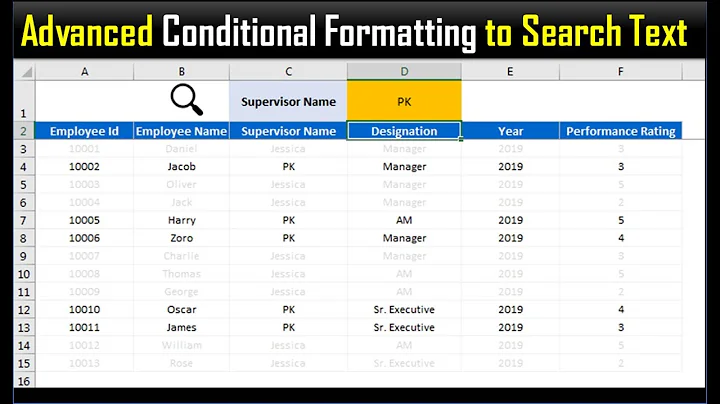Search in specific column for pattern and output entire line
Solution 1
The simplest approach would probably be awk:
awk -F'|' '$4~/^5/' file
The -F'|' sets the field separator to |. The $4~/^5/ will be true if the 4th field starts with 5. The default action for awk when something evaluates to true is to print the current line, so the script above will print what you want.
Other choices are:
Perl
perl -F'\|' -ane 'print if $F[3]=~/^5/' fileSame idea. The
-aswitch causesperlto split its input fields on the value given by-Finto the array@F. We then print if the 4th element (field) of the array (arrays start counting at 0) starts with a5.grepgrep -E '^([^|]*\|){3}5' fileThe regex will match a string of non-
|followed by a|3 times, and then a5.GNU or BSD
sedsed -En '/([^|]*\|){3}5/p' fileThe
-Eturns on extended regular expressions and the-nsuppresses normal output. The regex is the same as thegrepabove and thepat the end makessedprint only lines matching the regex.
Solution 2
This will print all lines that match |5 and then no more | until the end of the line:
grep '|5[^|]*$' <in >out
Related videos on Youtube
Kit Goodman
Updated on September 18, 2022Comments
-
Kit Goodman over 1 year
I'm working in HDFS and am trying to get the entire line where the 4th column starts with the number 5:
100|20151010|K|5001 695|20151010|K|1010 309|20151010|R|5005 410|20151010|K|5001 107|20151010|K|1062 652|20151010|K|5001Hence should output:
100|20151010|K|5001 309|20151010|R|5005 410|20151010|K|5001 652|20151010|K|5001 -
 terdon over 8 years@mikeserv thanks, greater portability is always a good thing but where is that documented? I tried it and it does indeed work on GNU sed but the
terdon over 8 years@mikeserv thanks, greater portability is always a good thing but where is that documented? I tried it and it does indeed work on GNU sed but the-Eisn't mentioned in eithermanorinfo. It does activate ERE, right? -
 mikeserv over 8 yearsits not, except in the source. that happens a lot with open source stuff - people submit a patch to do the same thing something already does because they're used to doing it with a different letter but then dont care to write a new SYNOPSIS. anyway, its worked for a long time. and
mikeserv over 8 yearsits not, except in the source. that happens a lot with open source stuff - people submit a patch to do the same thing something already does because they're used to doing it with a different letter but then dont care to write a new SYNOPSIS. anyway, its worked for a long time. and-Extended regexp is slated for the next POSIX version, too, so might as well just get used to it. plus,-rdoesn't make any sense. and yeah, it's a synonym - they both do exactly the same thing. almost the same - i think w/-ryou can switch back-re ... -Ge ...or something, but who would?





